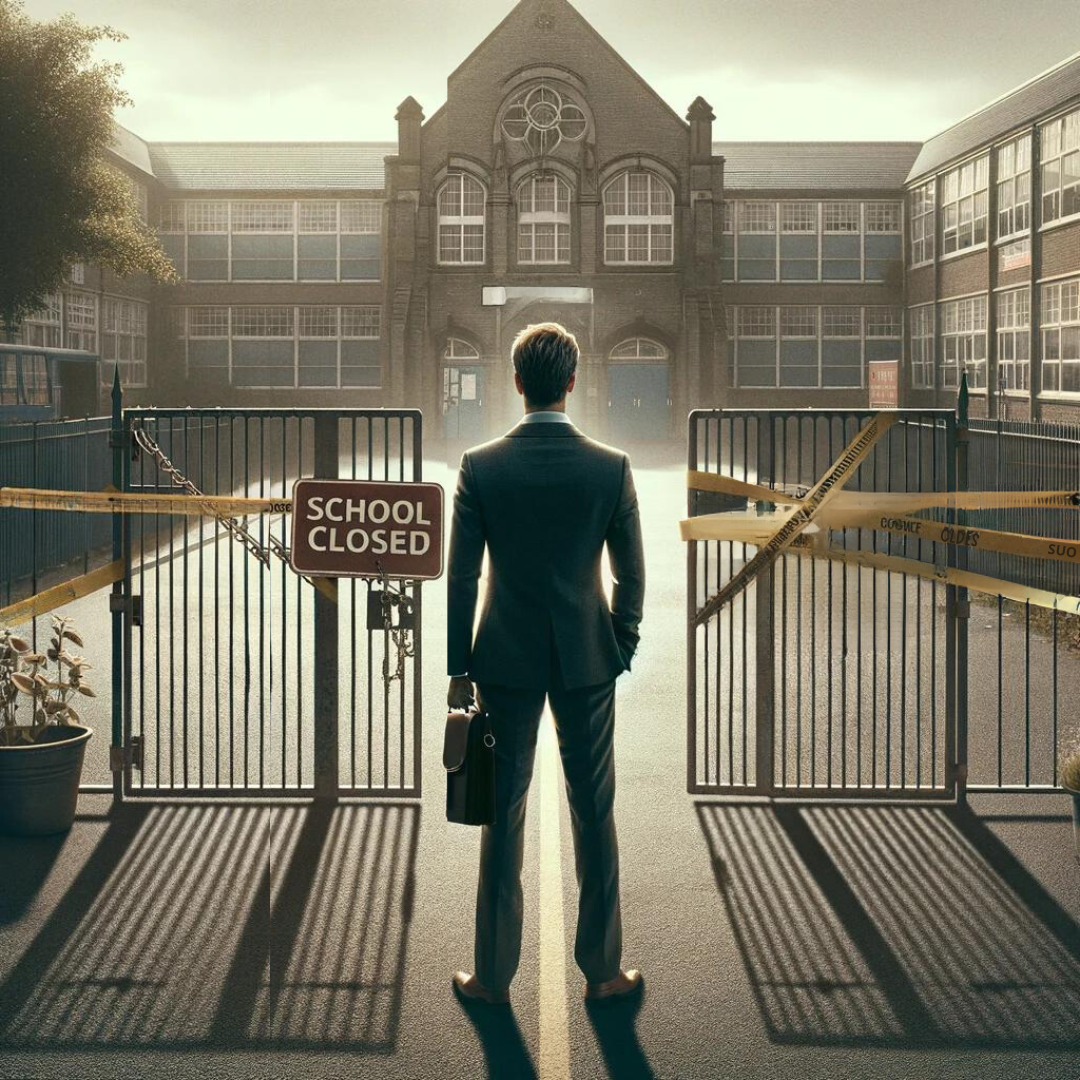Statewide teacher bargaining is not the only rational answer to McCleary
In this recent post at Smarter Government, former state Attorney General Rob McKenna said moving to statewide teacher bargaining is the only rational choice for answering the McCleary challenge. Rob says since McCleary requires the state to assume the full cost of teacher pay, the state should take over from local school districts the responsibility for bargaining teachers’ contracts. Rob and I agree on many education issues, but on this matter I must respectfully disagree. Statewide collective bargaining is not the only rational answer to McCleary.
Rob has accepted the McCleary premise that the state is required to fund the program of basic education and districts are required to fund only extras, like music and art. This idea was first introduced in the late 1970’s by the Doran court ruling. In the forty years since then, school districts have routinely ignored this impractical and self-defeating division of responsibility, and have provided extra funding for the basic education of children.
The Legislature has the authority and duty to consider other rational answers to McCleary, and could:
- Recognize that the cost of educating children requires a partnership, not a fight, between the state and local districts;
- Create a measure of education which is an actual dollar amount the state provides to educate each child, with enhancements for special needs. This amount will reach $9,000 in 2017. The state would provide $9,000 to educate every child in the state, regardless of where he or she lives, to achieve equity and fairness. Property-poor districts would continue getting levy equalization money, e.g. $766 million in the current state budget;
- End secret collective bargaining behind closed doors;
- Create penalties for union leaders who call illegal teachers strikes to extract financial concessions from school districts.
Policymakers must also consider the possible negative consequences of centralizing teacher collective bargaining in the state. They include:
- Increasing the power of the teachers union;
- Statewide teachers strikes;
- Reducing local control over schools.
Improving the quality of education in Washington state will require a broader view than efforts that will only deliver McCleary court-compliant revenue accounts to the schools.
Washington’s 2017 Legislature is likely to bring fresh ideas to McCleary, a forty-year old problem created by judges. Washington’s new legislators are likely to understand that encouraging and strengthening the bonds between schools, parents and communities is the way to bring excellence to the schools, not centralizing decision-making in the state.






